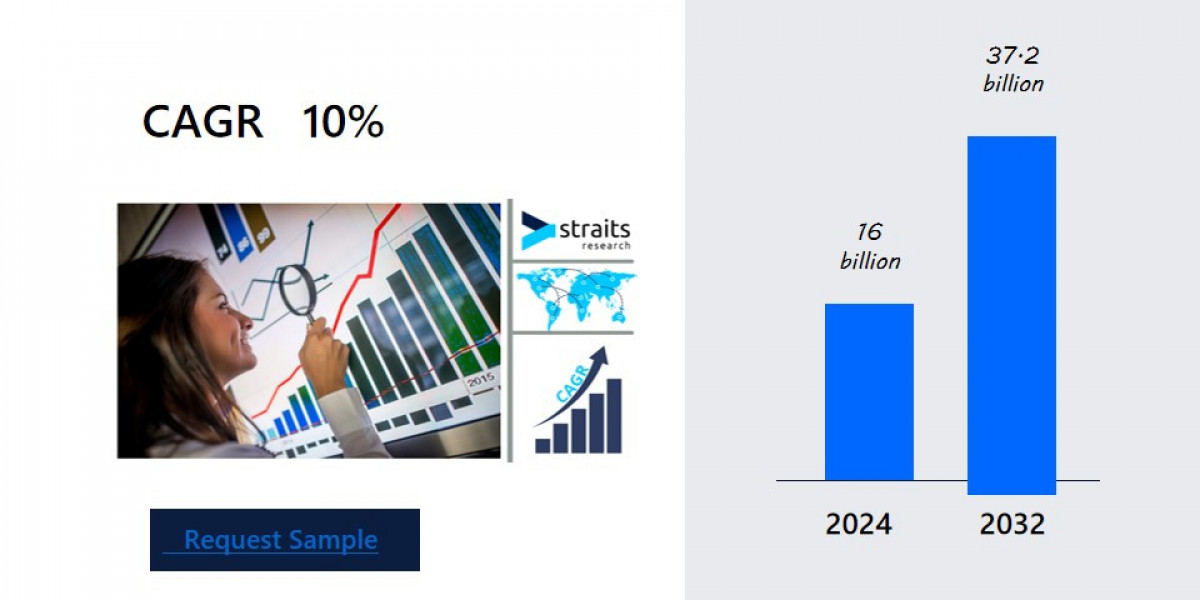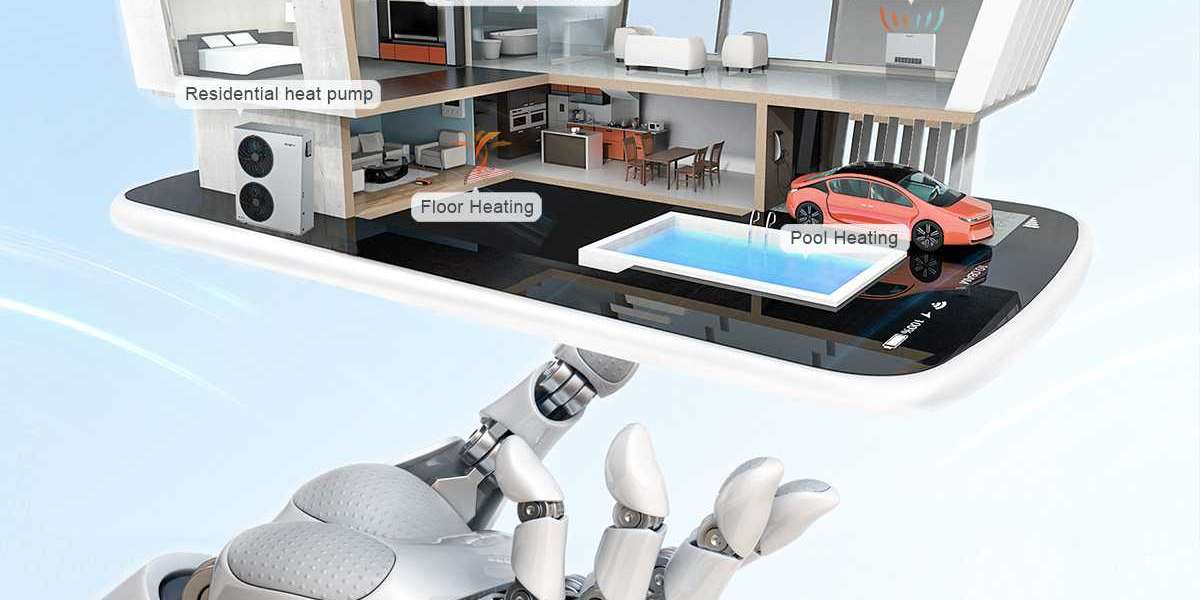Peritoneal dialysis is a life-saving treatment option for individuals with chronic kidney disease (CKD) or those who experience kidney failure. As a form of dialysis, it is an effective alternative to hemodialysis and allows patients to manage their condition at home or with minimal medical supervision. This article delves into the details of peritoneal dialysis, explaining its procedure, benefits, and the role of healthcare institutions like nuhospitals in providing comprehensive kidney care.
What Is Peritoneal Dialysis?
Peritoneal Dialysis is a medical procedure that involves using the lining of your abdomen (the peritoneum) to filter waste, excess fluids, and toxins from the blood when the kidneys can no longer perform these functions effectively. Unlike hemodialysis, which uses a machine to filter blood through an external circuit, peritoneal dialysis uses the body's own natural membrane as a filter.
Types of Peritoneal Dialysis
There are two primary types of peritoneal dialysis: Continuous Ambulatory Peritoneal Dialysis (CAPD) and Automated Peritoneal Dialysis (APD). Each type offers different benefits and flexibility based on the patient's lifestyle and medical condition.
- Continuous Ambulatory Peritoneal Dialysis (CAPD): This type of dialysis involves manual exchanges of dialysis fluid throughout the day. Patients typically perform four exchanges per day, where fluid is introduced into the peritoneal cavity, left for a few hours to remove waste, and then drained. CAPD is often preferred by those who need more flexibility and control over their dialysis schedule.
- Automated Peritoneal Dialysis (APD): APD utilizes a machine to automatically perform dialysis exchanges, typically while the patient sleeps. The machine controls the filling, draining, and dwelling times of the dialysis fluid. APD is often recommended for those who prefer a more automated and less time-consuming method of treatment, offering greater convenience and allowing patients to sleep through the night without needing to perform manual exchanges.
The Procedure: How Peritoneal Dialysis Works
The procedure for peritoneal dialysis involves several key steps:
- Catheter Insertion: A catheter is surgically inserted into the peritoneal cavity, typically in the abdomen. This catheter is used to introduce dialysis fluid and to drain it after the waste has been filtered. The insertion is a minor procedure performed by a skilled medical professional, usually in a hospital or outpatient setting.
- Dialysis Fluid Exchange: Once the catheter is in place, dialysis fluid is introduced into the peritoneal cavity. This fluid absorbs waste and excess fluid from the blood vessels within the peritoneum. After the fluid dwells for a period of time, it is drained out of the body, carrying the toxins and excess fluids with it. New fluid is then infused to start the cycle again.
- Waste Removal: The peritoneal cavity acts as a semi-permeable membrane, allowing waste, electrolytes, and excess fluids to pass from the blood into the dialysis fluid. This process removes toxins and waste from the bloodstream, effectively functioning as an artificial kidney.
Benefits of Peritoneal Dialysis
Peritoneal dialysis offers several significant advantages over other forms of dialysis, making it an attractive option for many patients. Some of these benefits include:
- Greater Flexibility and Independence: Unlike hemodialysis, which requires patients to visit a clinic multiple times a week for treatment, peritoneal dialysis can often be done at home. This flexibility allows patients to continue with their daily activities and manage their treatment around their schedule, increasing their quality of life.
- Preservation of Residual Kidney Function: Studies have shown that peritoneal dialysis can help preserve any remaining kidney function longer than hemodialysis, which can be crucial for a patient's overall health and well-being.
- Fewer Dietary Restrictions: With peritoneal dialysis, patients generally face fewer dietary restrictions compared to hemodialysis. This is because the continuous nature of the treatment allows for better fluid and electrolyte balance, reducing the need for strict monitoring of salt and potassium intake.
- Reduced Risk of Infection: While peritoneal dialysis does come with a risk of peritonitis (infection of the peritoneum), when managed properly, the risk of serious infections is lower compared to hemodialysis, where vascular access can be prone to infection.
Challenges of Peritoneal Dialysis
Though peritoneal dialysis offers significant benefits, it is not without its challenges. Some of the most common issues patients may face include:
- Risk of Infection: The catheter insertion site must be carefully maintained to avoid infection. Proper hygiene is crucial, and patients must be vigilant about cleaning and dressing the catheter site.
- Weight Gain: The dialysis fluid used in peritoneal dialysis contains glucose, which can contribute to weight gain over time. This can be managed with appropriate diet and fluid balance, but it remains a challenge for some patients.
- Limited Suitability: Not all patients are candidates for peritoneal dialysis. Factors such as the presence of abdominal scars, previous surgeries, or other medical conditions may limit the feasibility of the procedure.
- Time Commitment: Though peritoneal dialysis allows for greater independence, it still requires a commitment of time. CAPD requires multiple exchanges throughout the day, while APD requires the use of a machine at night.
The Role of Healthcare Institutions like nuhospitals
Healthcare facilities like nuhospitals play a vital role in ensuring patients receive proper education, care, and monitoring throughout their peritoneal dialysis journey. Specialized nephrology teams provide support for patients to learn how to manage the procedure safely at home, ensure proper catheter care, and guide patients on diet and lifestyle modifications.
Peritoneal Dialysis is a highly effective treatment for kidney failure, offering patients greater independence and flexibility compared to other dialysis methods. Although it comes with certain risks and challenges, with proper training and care, it can be a sustainable and life-enhancing solution. Institutions like nuhospitals are dedicated to providing expert care and support to patients undergoing peritoneal dialysis, helping them maintain a high quality of life despite their condition. If you're exploring dialysis options, it's crucial to consult with your healthcare provider to determine if peritoneal dialysis is right for you and to receive the best possible care for your kidney health.















